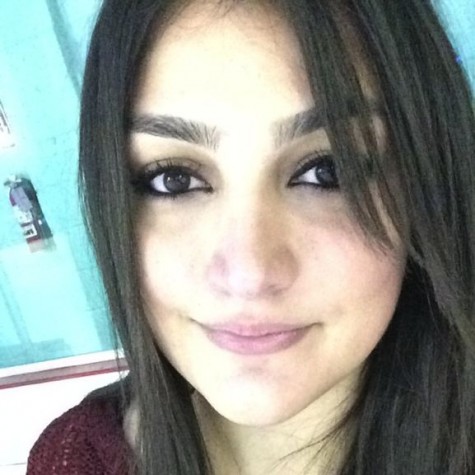Shying Away From Saying “Genocide”
When President Barack Obama once again avoided referring to the 1915 killings of Armenians as genocide, I was not surprised.
But, after reading the news, I dejectedly walked to the front of campus as I was getting ready to go home — not surprised, but still disappointed.
Like most Armenians, I grew up learning about the horrific crimes against Armenians perpetrated by Ottoman Turkish officials in 1915. I can even remember my father first telling me about it as images of mutilated corpses and starving, anorexic children flashed on our mini TV screen. I don’t remember how old I was exactly, but it was definitely before I started kindergarten.
For years after, I dreaded the month of April because I feared Turks would storm into our home, kill my parents, and take my sisters and me away. It wasn’t until I was about six or seven that this fear subsided, yet it was dangerously close to culminating into hatred. I was fortunate enough that my parents raised me to believe that hatred is wrong, particularly toward an entire race or ethnicity. My mother, who refuses to buy products from Turkey until it recognizes the genocide, sat me down and told me that there were actually Turks who helped Armenians escape the atrocities and took them in after they had lost everything.
But my parents also raised me to believe in justice and to accept responsibility for my actions, something Turkey refuses to do with its continued denial and something the United States refuses to acknowledge in its failure to label the 1915 events for what they were — genocide.
I do not hold Turks today accountable for the murders of Armenians 100 years ago, but I do expect them to acknowledge the past. I believe in peaceful, diplomatic relations between Turkey and Armenia — I have called for it in the past and I continue to call for it today. But the weight of denial is heavy, and it looms despondently over Turkish and Armenian relations.
During his 2008 presidential campaign, Obama said he would recognize the Armenian Genocide and even condemned the Bush administration when John Marshall Evans, the U.S. ambassador to Armenia, was fired for referring to the 1915 events as “genocide.”
As disappointed as I am in Obama, I also understand the difficult position he is in, given that Turkey is a strategic ally in the Middle East. As Jake Tapper of CNN pointed out, Turkey has the second-largest military in NATO after the United States and is the only Muslim majority nation in the organization. The Guardian also points to “the fight against Isis” and “the safety of U.S. diplomats and troops in Turkey” that could be endangered if Obama went against Turkey’s wishes and finally recognized the genocide.
However, failing to recognize past mistakes and atrocities only paves the way for similar crimes in the future. During his Obersalzberg speech before the German invasion of Poland, Adolph Hitler shamelessly said: “Who, after all, speaks today of the annihilation of the Armenians?”
Germany today recognizes the Armenian Genocide, a bold move considering the country’s large Turkish population. It reeks of political sleaze to opt out of using the word “genocide” when most scholars, more than 20 countries and 43 American states use it.
Obama’s decision to not honor the centennial of the Armenian Genocide by referring to it as such was disheartening, but as evident by the 130,000 demonstrators who walked from Sunset and Western to the Turkish Consulate, we don’t need one politician’s confirmation to accept what really happened. It does not take away from the suffering of millions of Armenians, nor does it excuse the crimes of the perpetrators. Whether or not Obama recognizes it as genocide, it happened. The evidence is there.
I understand the difficult situation the United States is in. I understand our need to maintain good relations with Turkey. I understand why our nation has made this decision, but as a human being, I cannot accept it.

Writing for her high school newspaper pushed Agnessa toward a career in journalism. During her junior year of high school, she broke a story regarding...
